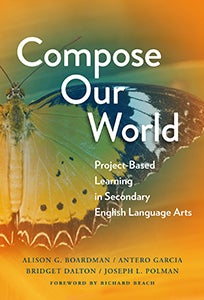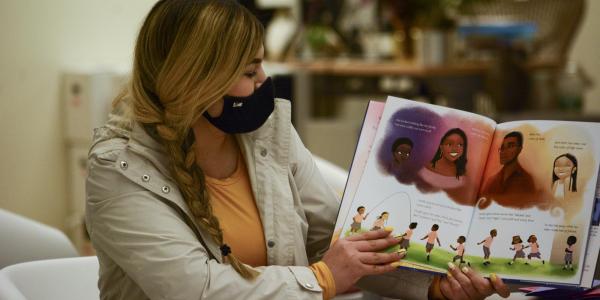 Honoring Teachers As Professionals: Stories and Pathways for Growth in Your Classroom and Career
Honoring Teachers As Professionals: Stories and Pathways for Growth in Your Classroom and Career
Alisa Grimes, Nicole Schrode, Rebecca Stober, Shannon Wachowski
“When you stop learning how to teach, you stop teaching people how to learn. This is a phrase I coined just before applying for the grants that supported the authors of this book to build and participate in the Streamline to Mastery program at CU Boulder. I have personally watched these teachers take on increasing responsibility for education on a broad scale, and I have watched them gain agency and influence throughout the educational community. Those who benefit most are the students who learn how to advocate for themselves through evidence, and find empowerment through reasoning and defending their own ideas.” —Valerie Otero, STEM education professor, University of Colorado Boulder
The Streamline to Mastery program at CU Boulder is a teacher-driven professional development program. The authors of this book participated in this five-year program and learned together with pre-service teachers, CU graduate students, other master teachers, novice teachers and university faculty.

 Compose Our World: Project-Based Learning in Secondary English Language Arts
Compose Our World: Project-Based Learning in Secondary English Language Arts Study and Executive Function Skills for Students with Learning and Behavior Problems
Study and Executive Function Skills for Students with Learning and Behavior Problems Potential Grizzlies: Making the Nonsense Bearable
Potential Grizzlies: Making the Nonsense Bearable Transformational Change Efforts: Student Engagement in Mathematics through an Institutional Network for Active Learning
Transformational Change Efforts: Student Engagement in Mathematics through an Institutional Network for Active Learning Honoring Teachers As Professionals: Stories and Pathways for Growth in Your Classroom and Career
Honoring Teachers As Professionals: Stories and Pathways for Growth in Your Classroom and Career The Other American Dilemma: Schools, Mexicans, and the Nature of Jim Crow, 1912–1953
The Other American Dilemma: Schools, Mexicans, and the Nature of Jim Crow, 1912–1953

